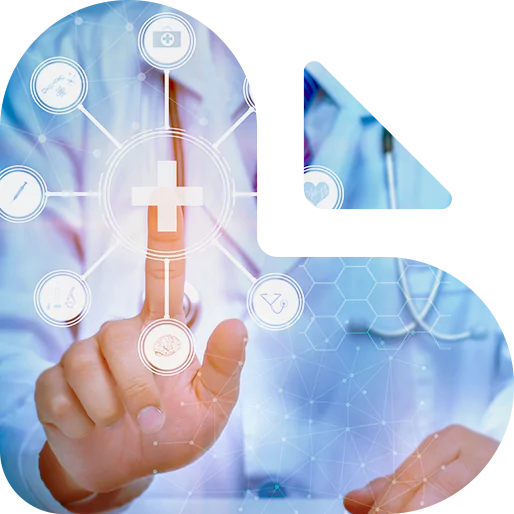
Dr. Anjan Kumar Das
MBBS, MS (Surgery), DNB, M.Ch(Urology)
Tue, Thu, Sat 1pm – 3pm
Urology
Home > Departments >
Urology
At the Department of Urology of Kothari Medical Centre, we provide cutting-edge diagnostics and surgical procedures for medical cases ranging from kidney stones and urinary tract infections to prostate cancer and bladder diseases. Our urology department offers the best standard of care, helping people to recover control over their urological health.

Treatments offered by urologists include medical management, extracorporeal shock wave lithotripsy (ESWL), ureteroscopy with stone removal or fragmentation, and percutaneous nephrolithotomy (minimally invasive removal of big kidney stones).
PSA screening for prostate cancer as well as the diagnosis, treatment, and continuous care of disorders affecting the prostate such as benign prostatic hyperplasia (BPH), prostatitis, and prostate cancer.
Specialised care is offered for men's sexual and reproductive health, including the identification and management of erectile dysfunction, male hormone imbalances, and other sexual health issues. Treatment is also offered for Female Urogenital problems.
Pediatric urologists specialize in the diagnosis and treatment of urological issues in kids, including congenital abnormalities of the urinary tract, undescended testes, bedwetting, UTI infections, and hypospadias (a birth defect affecting the penis).
Urologists and oncologists collaborate closely to provide thorough treatment for urogenital cancers, such as prostate, bladder, kidney, testicular, and penile cancer.
Disorders involving urine incontinence, hyperactive bladder, neurogenic bladder, and voiding dysfunction are treated.

MBBS, MS (Surgery), DNB, M.Ch(Urology)
Tue, Thu, Sat 1pm – 3pm
Urology

MBBS, MS, M.Ch., FCCS (Genito Urinary Surgery)
FCCS (Genito Urinary Surgery)
Mon, Tue, Wed, Fri, Sat 10am – 11am
Urology


Conditions like urinary tract infections, kidney stones, prostate issues, bladder disorders, urinary incontinence, erectile dysfunction, and urologic cancers such as bladder, kidney, and prostate cancer are treated by the urology department.
If you are experiencing frequent urination, blood in urine, difficulty urinating, urinary incontinence, kidney stones, sexual dysfunction, or any other urologic issues.
To identify and treat urologic diseases, urologists conduct a variety of tests and procedures. Typical examples include:
The doctor will normally inquire about your medical history, symptoms, and any medications you are currently taking during a visit to the urologist. If required, they might do a physical examination that includes a genital and rectal exam. The doctor may prescribe additional tests or imaging investigations to help with the diagnosis, depending on your situation. The urologist will review the findings with you after evaluating them and will then suggest an appropriate course of action.
Yes, there are several lifestyle changes and hygiene of genitalia along with perineum that can help improve urologic health. These include:
Managing stress levels because persistent stress can affect urologic health
Yes, urological surgery includes a variety of procedures and is frequently performed. Laparoscopic or robotic-assisted operations are examples of minimally invasive procedures, although more conventional open surgery may be necessary for others. Prostatectomy (prostate removal), nephrectomy (kidney removal), cystectomy (bladder removal), as well as procedures for urine incontinence and erectile dysfunction, are common urological surgery.

© Kothari Medical Centre 2023